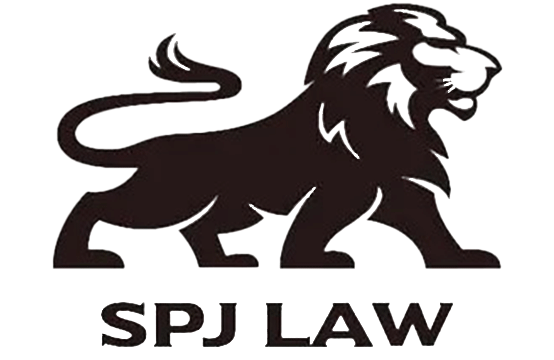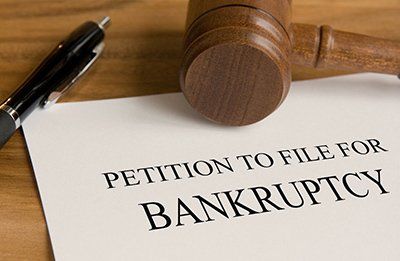How will bankruptcy affect my spouse?
Married people may file bankruptcy jointly with their spouse, but they may also file separate.

Married people may file bankruptcy jointly, which is often in their best interest, however sometimes only one spouse possesses significant debt while the other spouse has manageable debt with a good credit score. Many married people considering bankruptcy are curious whether their spouse will become liable for their debt or how jointly owned property will be affected.
Illinois Family Expense Statute
In Illinois, if a married person files for bankruptcy and their spouse does not, then the spouse may be held liable for those debts that arose from "expenses of the family and of the education of the children." Because the statute does not define "expenses of the family," it has been left to the courts to determine the meaning.
In March of 1999, an Illinois Appellate Court provided a list of goods and services that Illinois Courts have found to constitute "expenses of the family," which include the following expenses:
1. hospital, medical, and funeral;
2. utilities;
3. clothing;
4. jewelry (split decision);
5. carpeting;
6. rent; and
7. wages for a domestic servant
Family expenses do not include business expenses even though they are used to provide an income for the family, also do not include repayment of a loan for cash.
Illinois courts have determined that a claim for money lent in the form of cash is not recoverable from the non-consenting-spouse under the Illinois Family Expense Statute. The debt must have been in exchange for a specific good or service for the benefit of the family.
The courts have NOT determined whether a credit card company can recover from a non-consenting-spouse under the Illinois Family Expense Act. If a credit card is regularly used to pay a grocery bill, then a credit card company might have an argument that their debt should be recognized under the Illinois Family Expense Statute. On the other hand, the Debtor may argue that the same determination made with regard to a money lent should be applied to a credit card, because they are essentially the same product, credit cards are just further along the technological curve.
In 2009 a bankruptcy trustee, the person who's duty it is to represent the creditors in a bankruptcy case, attempted to recover from the non-filing spouse, alleging liability for credit card debt which was used to benefit the family. The Bankruptcy Court determined it was outside the trustee's power to pursue claims against third parties on behalf of the creditors and declined deciding whether credit card debt was recoverable against the non-filing spouse.
A Practitioner's Perspective on the Illinois Family Expense Statute
In Illinois, credit card companies are not pursuing claims against the non-filing spouse of account holders who have filed for bankruptcy. The most threatening type of debt a non-filing spouse faces is medical debt. Hospitals employ aggressive means of debt collection and they will pursue claims against a spouse.
Jointly Owned Property
The nuances of property law vary between districts, that's why it's important to seek the advice and assistance of a professional experienced with the laws and process in their geographic region. The following are examples of questions an attorney might ask a married person consulting about bankruptcy:
-If you own your home are both you and your spouse on the deed to that home?
-Under whose names are your vehicles titled?
-Do you own any significant pre-marital assets?
DO NOT TRANSFER TITLES OR DEEDS IF YOU ARE CONSIDERING FILING FOR BANKRUPTCY
Transferring property prior to bankruptcy may draw suspicion from the U.S. Trustee who is employed by the Department of Justice. Under certain particular circumstances a person filing for bankruptcy may argue that they do not actually possess an equitable interest in property that is titled or deeded in their name, transferring property prior to bankruptcy will hinder such an argument.
Free Consultation
Call our office for a free consultation to determine if Bankruptcy is the solution for you.
Bankruptcy is a technical practice for an experienced debt relief attorney, like those at Smith Law, Ltd. Because there are so many nuances in the application of bankruptcy law, it is inadvisable that an individual not experienced or knowledgeable about Title 11 of the U.S. Code, and how the courts have interpreted those laws, to file bankruptcy without the assistance of counsel.
If you would like to speak to experienced debt relief attorneys, please contact Smith Law, Ltd.
We are a debt relief agency. We help people file for bankruptcy relief.
Smith Law, Ltd.
(217) 345-6222
622 Jackson Avenue
Charleston, IL 61920










Share On: